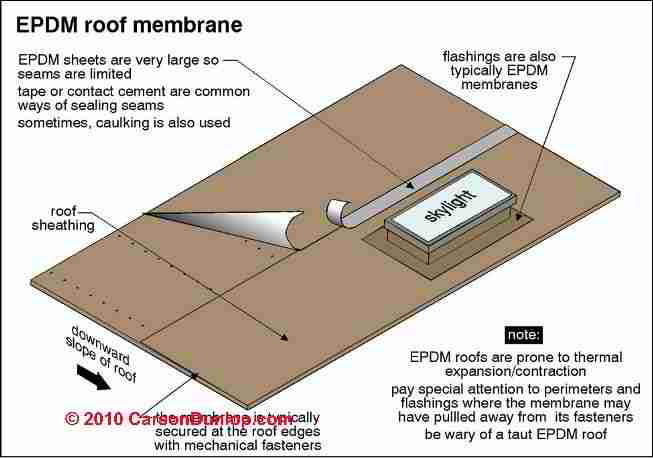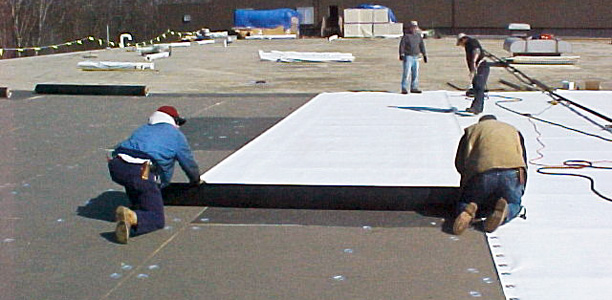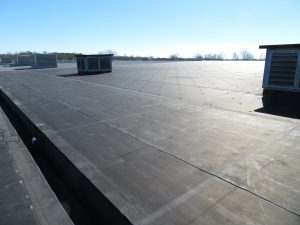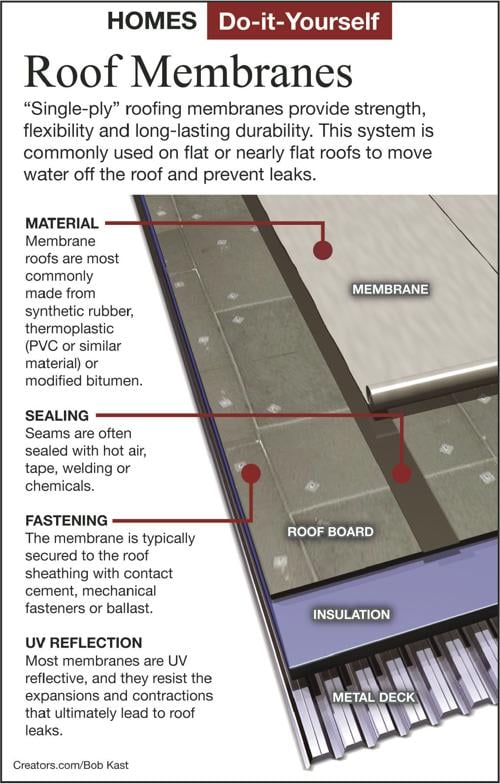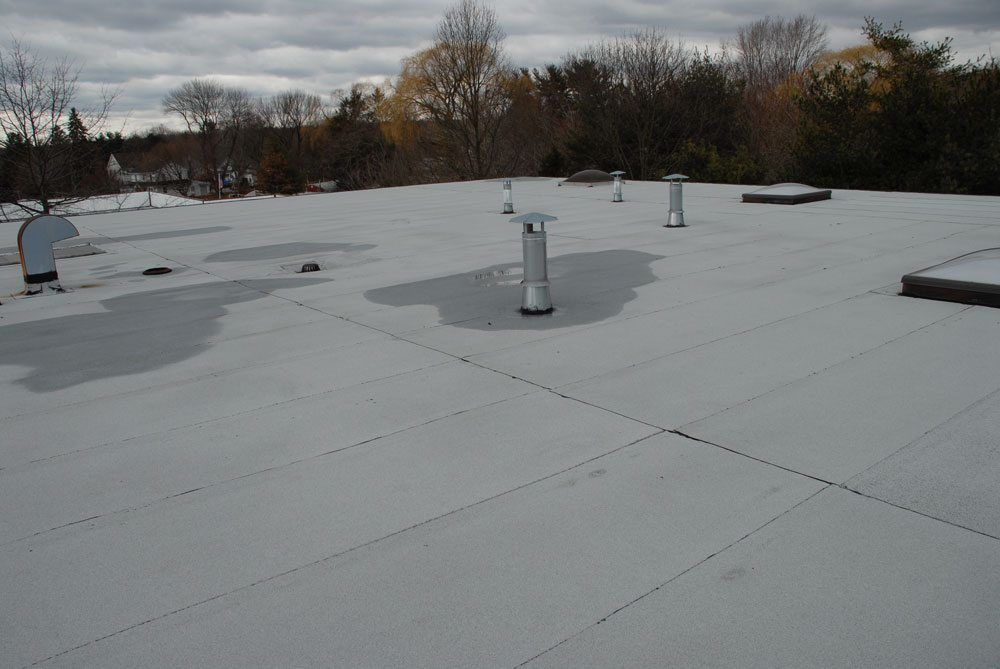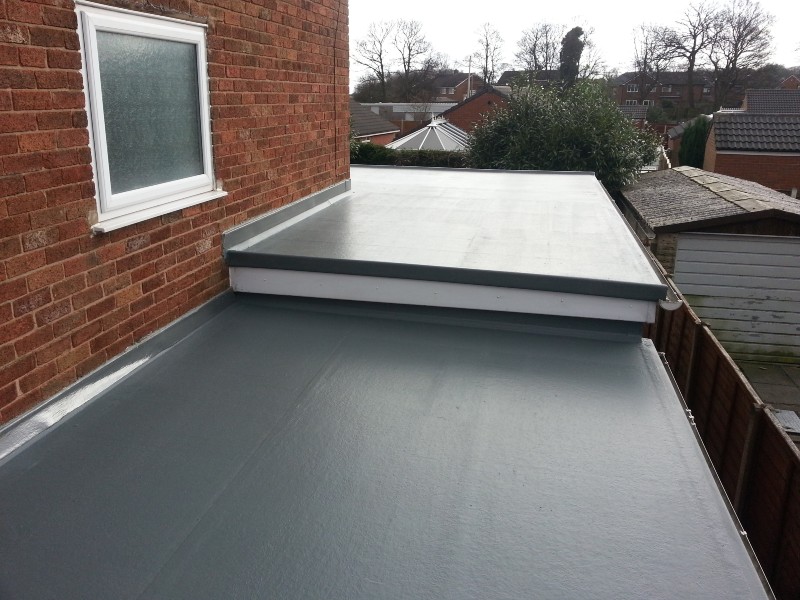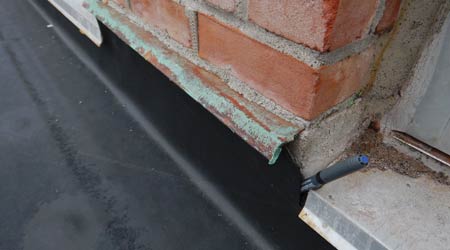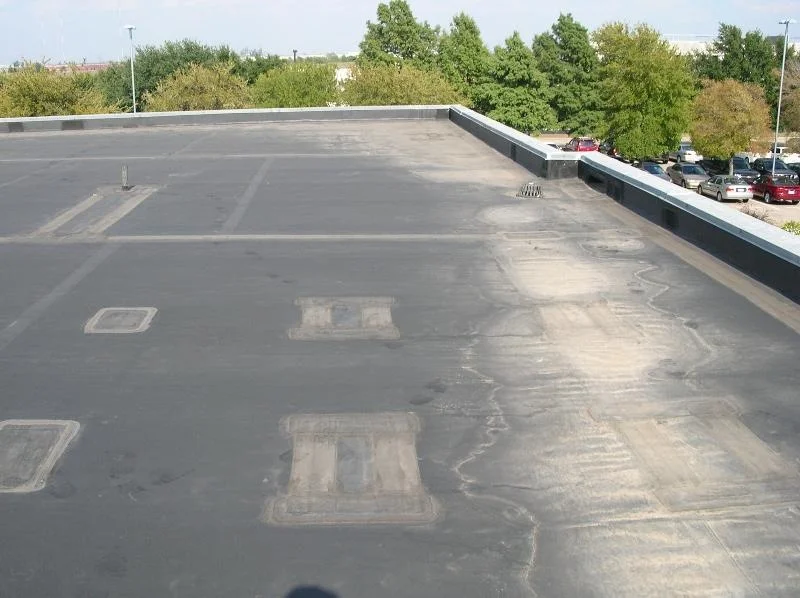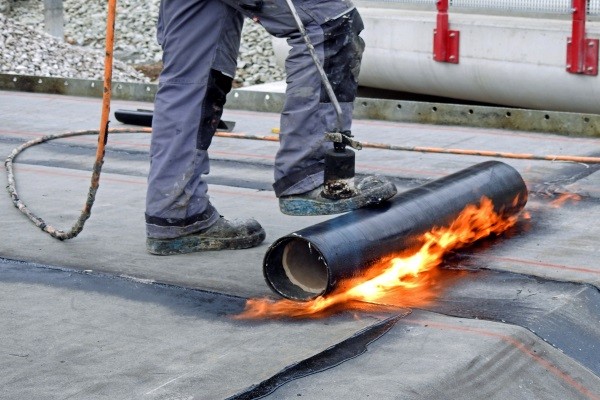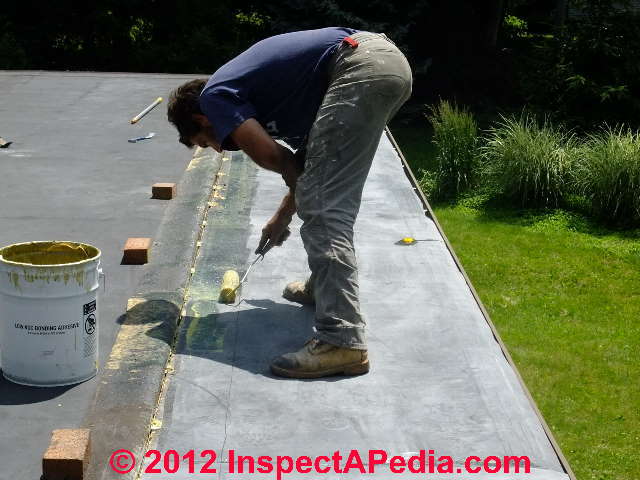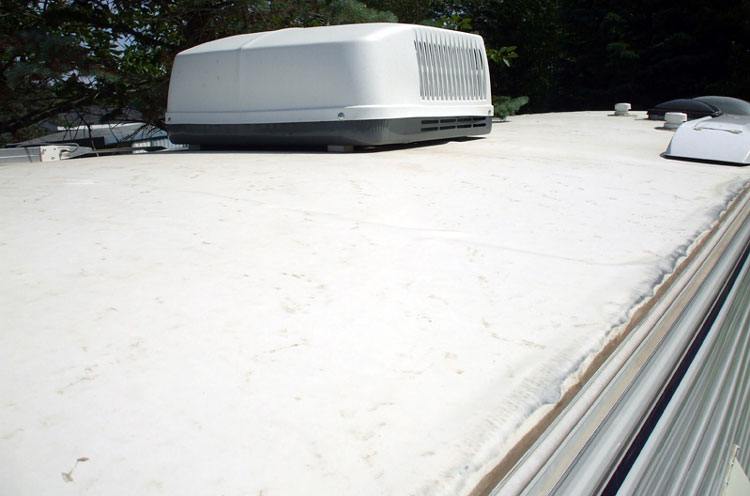Epdm is made from petroleum based chemicals so there are environmental and health concerns surrounding their use but they have a history of good performance and remain a popular roofing system.
Is there a roofing membrane required beneath an epdm roof.
I don t like the idea of adhering the epdm directly to the sheathing but the epdm seems to be incompatible with most ice water barriers that one usually puts under shingles.
A roof requires enough epdm membrane to cover it completely along with a thick overhang for the adjacent walls and roof edge.
Epdm membranes are covered under astm d4637.
At summit commercial roofing we love epdm a synthetic rubber roofing membrane for its ability to stand up to virtually any climatic conditions and its ease of maintenance.
Pvc is a plastic roof material that is formed by a gaseous reaction between oxygen hydrochloric acid and ethylene.
There are a variety of roofing.
Videos have been put together for many of these details and can be found below.
5 x 30 firestone rubbergard 45 mil epdm roofing rubber.
Installation is important when it comes to putting a single ply roofing system on a building.
Insulation is used as filler between the flutes or ridges of the metal roof panels and then overlaid with a rigid board.
Epdm black rubber roof membrane is available in two thicknesses and widths ranging from 7 5 to fifty feet.
As far as pvc vs tpo membrane roofing materials there are a few things to you should know.
Hello i am planning to install an epdm membrane on an unvented low slope roof insulated from below.
There are over 150 variations of details available from carlisle syntec for epdm roofing systems.
The structural sheathing will be new.
4 7 out of 5 stars 8.
It is one of the strongest flat roof materials amongst tpo epdm and mod bit.
Standard specification for epdm sheet used in single ply roof membrane.
Both layers may be mechanically attached or adhered to the metal panel roof.
I am worried that something will poke a hole in the rubber at some point and.
The epdm membrane is then adhered to the rigid insulation or mechanically fastened to the structural purlins beneath the metal roof.
The following are four types of roofing membranes and their pros and cons.




